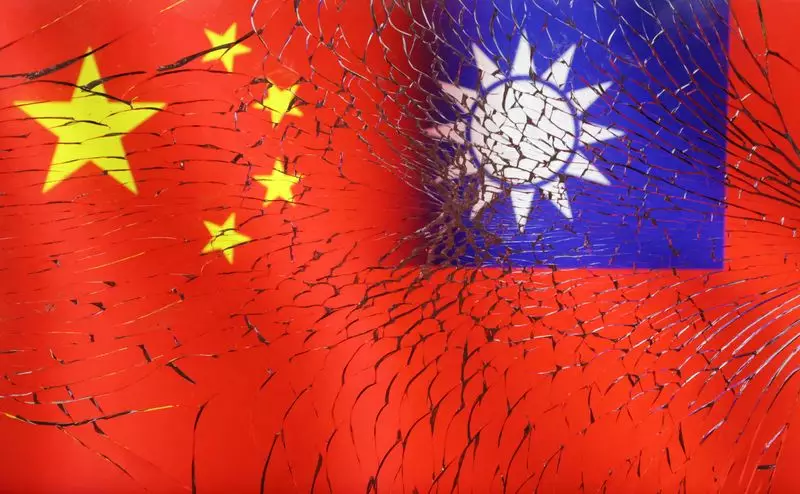The ongoing tensions between China and Taiwan have reached a boiling point, exacerbated by a significant arms sale approved by the United States. The Pentagon’s recent authorization of a $2 billion military package—marking the 17th such transaction under the Biden administration—includes advanced air defense systems previously used in conflict zones such as Ukraine. This action has prompted a fierce reaction from Beijing, which views Taiwan as part of its sovereign territory.
China’s government has publicly condemned the U.S. arms deal, asserting that it poses a direct threat to its national sovereignty and territorial integrity. The Ministry of Foreign Affairs released a statement lamenting the decision and warning that such sales could undermine peace and stability in the already volatile Taiwan Strait. Despite the lack of formal diplomatic relations, U.S. law mandates that the country assist Taiwan in its defense efforts, straining the bilateral relations between Washington and Beijing. This commitment from the U.S. has consistently inflamed China’s resolve to exert its claims over Taiwan.
Arms sales, like the one recently concluded, carry implications that extend beyond just the military capabilities of Taiwan. They symbolize U.S. support for Taiwan’s autonomy, potentially emboldening its government at a time when Beijing has intensified military activities in the region. China has not only conducted military drills but has also ramped up its presence around Taiwan, showcasing its readiness to assert its claims emphatically. Taiwan’s Foreign Ministry has welcomed this arms deal, reiterating the island’s commitment to self-defense in the face of external pressure.
The conflict has spiraled into a cyclic pattern of provocation and defense. Each arms sale from the U.S. is met with vehement opposition from China, which often threatens countermeasures without specifying the nature of these retaliatory actions. This ambiguous response adds to the uncertainty in the region, often generating speculation about military posturing or diplomatic shifts. By increasing its military capabilities, Taiwan seeks not only to defend itself but also to send a message of resilience to its neighboring giant, a narrative that plays well domestically and internationally.
As the situation evolves, it remains clear that diplomatic efforts are becoming increasingly strained. The U.S. arms sale to Taiwan and China’s consequent threats illustrate a troubling dynamic that could lead to serious ramifications in international relations. For now, the emphasis remains on protecting national interests, with both Taiwan and the United States determined to safeguard what they perceive as their right to self-determination against Beijing’s persistent assertions. The international community will be closely watching how this tension unfolds, signaling just how precarious the balance of power is in this region.

